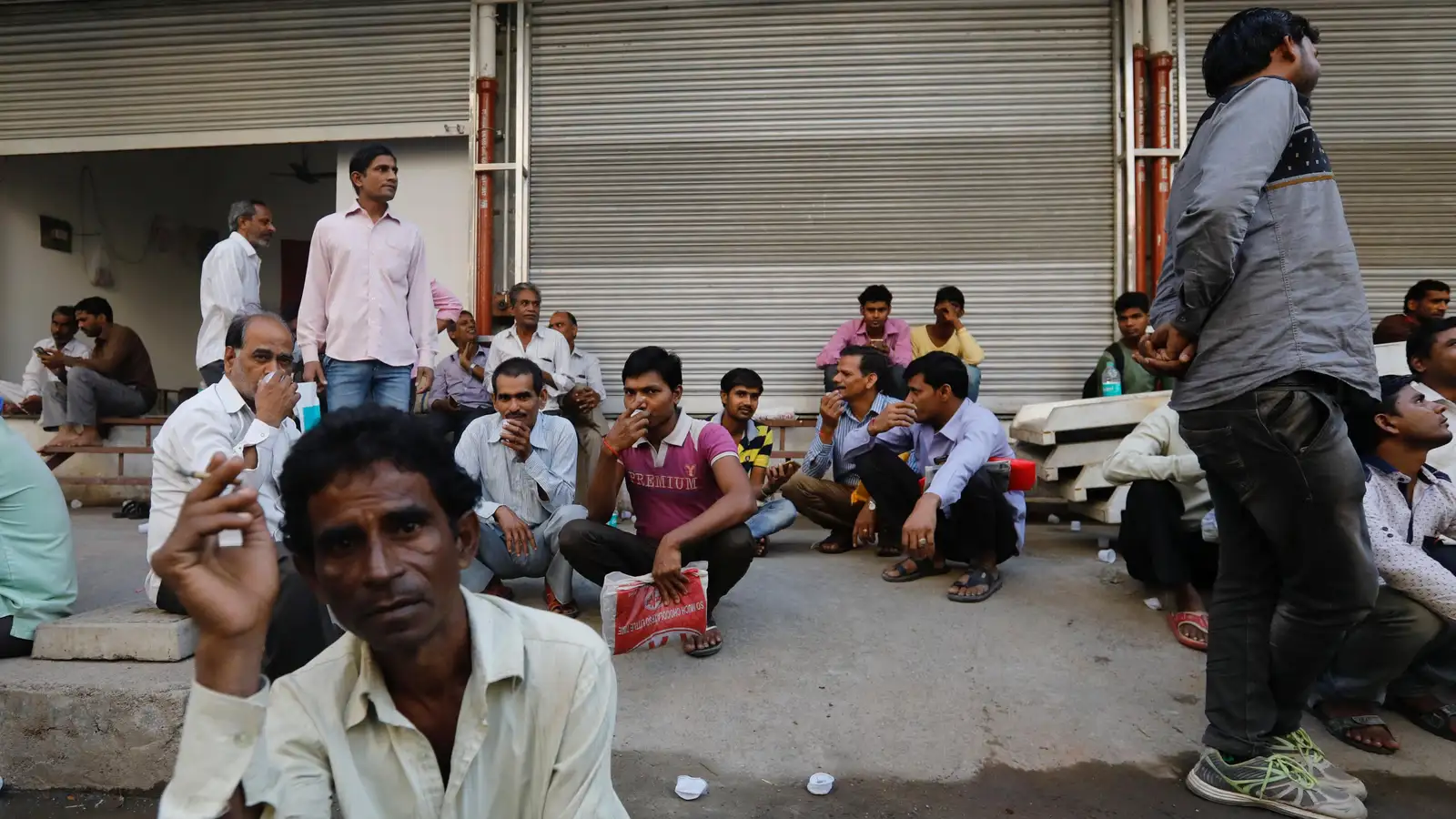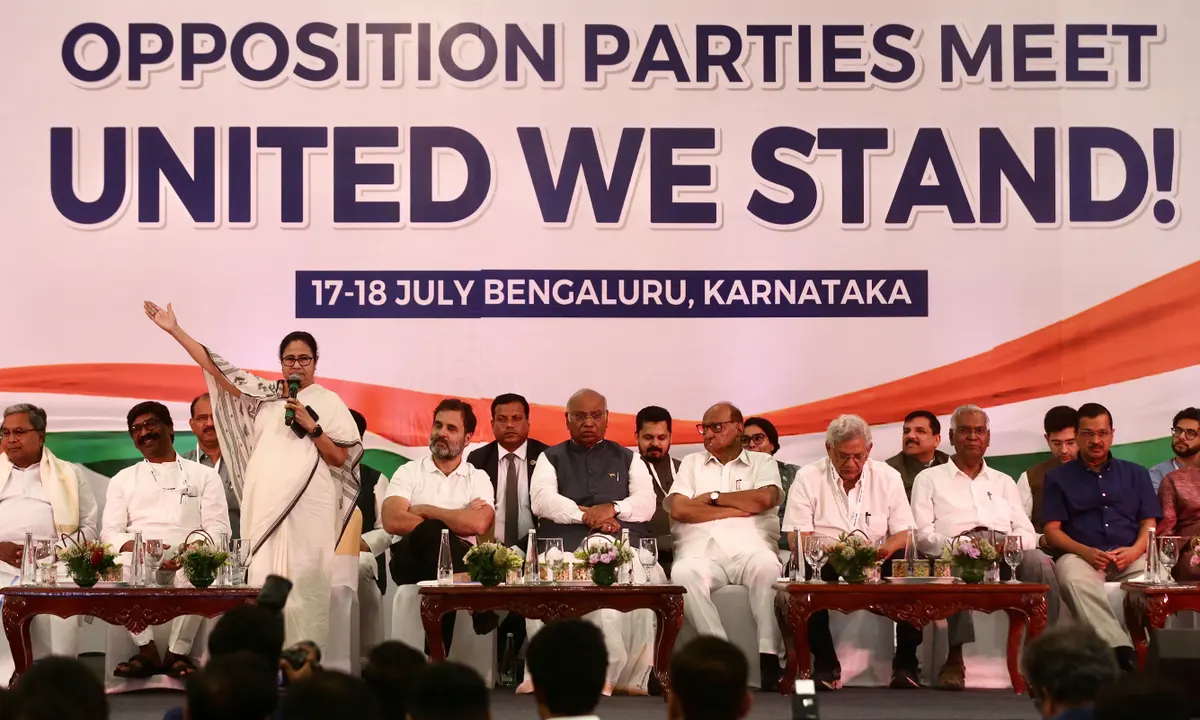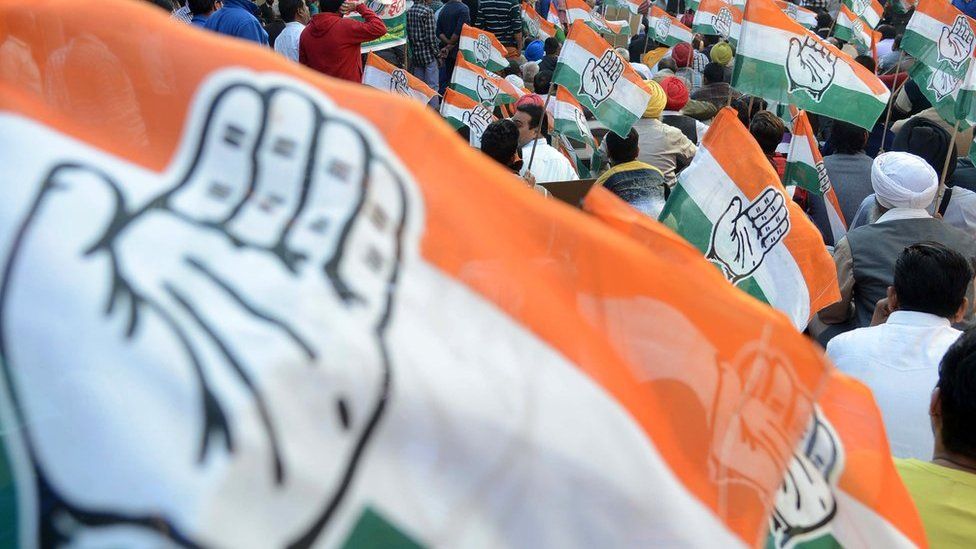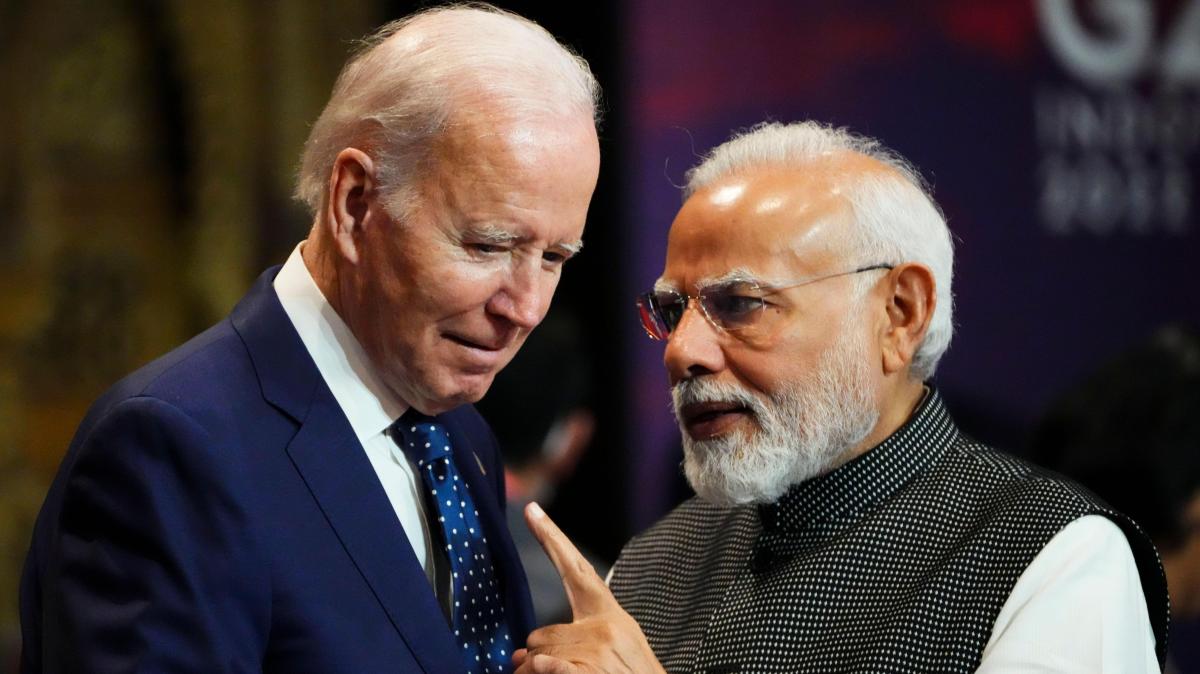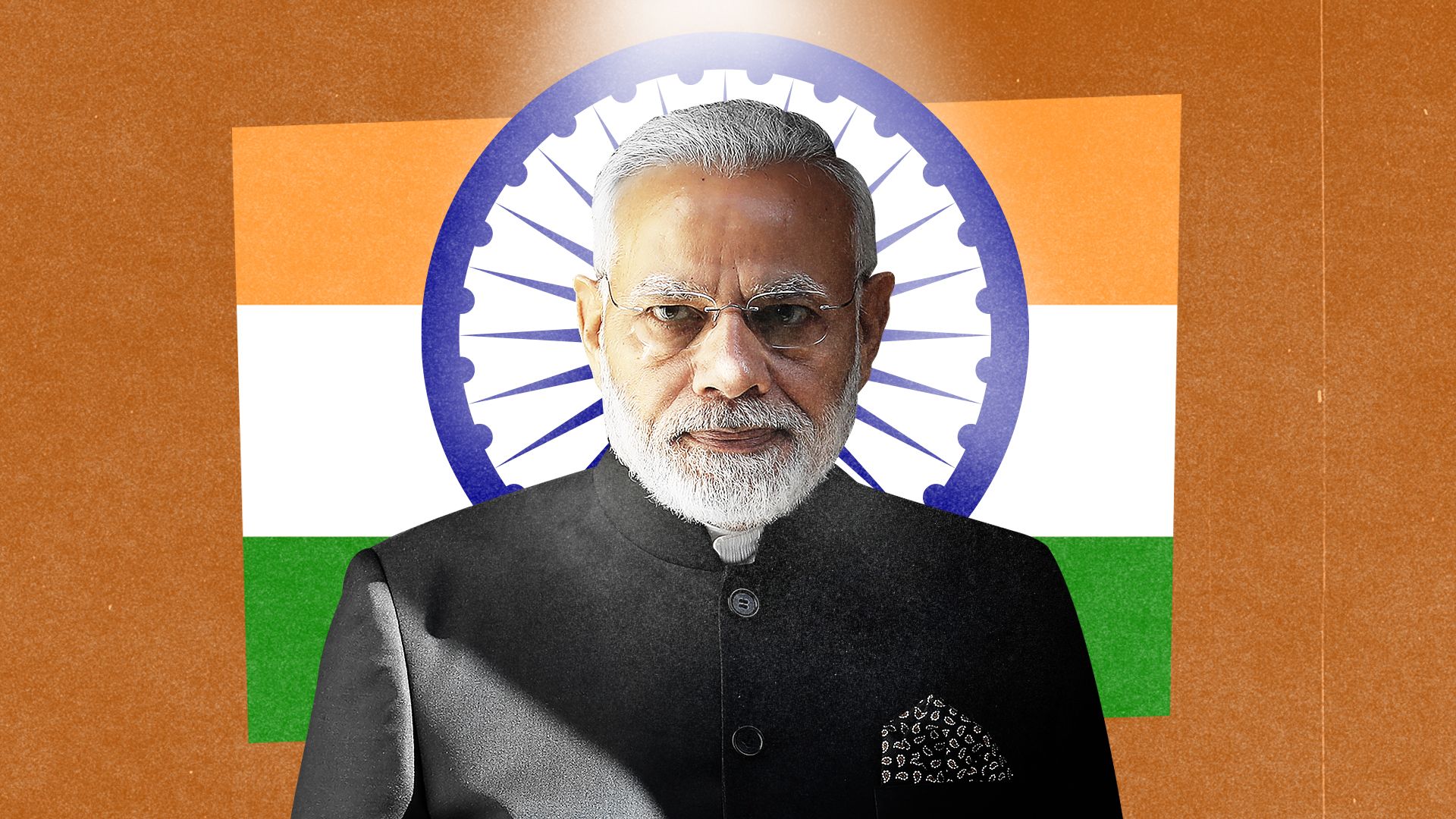Motivated by the severe effects of unemployment on the nation, four people meticulously planned and executed the December 13 parliament breach. This group included a driver of an e-rickshaw, a farmer, a job candidate for the government, and a daily wage worker. Under the guidance of Karnataka-based Bharatiya Janata Party (BJP) MP Pratap Simha, these individuals obtained visitor cards and used a spray bottle hidden in their shoes to carry out the breach. On the 21st anniversary of the terror assault on the parliament in 2001, the occurrence is a poignant expression of long-standing grievances.
Man and woman Amol Shinde and Neelam Azad simultaneously set off coloured petrol canisters outside the parliament building, singing anti-dictatorial slogans, calling for the defence of the constitution, and addressing the growing problem of unemployment. Azad was from Jind, in Haryana. He had passed the National Eligibility Test and had several degrees, including M.A., M.Ed., and M.Phil. She couldn’t find work despite her credentials. These people were brought together by the ‘Bhagat Singh Fans Club’ on social media, and they were inspired by Bhagat Singh’s 1929 revolutionary deeds.
The Unlawful Activities (Prevention) Act (UAPA) has charged the four individuals involved in the breach, yet their bold acts have brought the problem of rising unemployment to the public attention.
Bhagat Singh’s revolutionary ethos of 1929, which was to make the ‘deaf hear,’ is relevant today because mainstream media, which is sometimes referred to as ‘Godi media,’ is largely unresponsive to the legitimate concerns of the public about poverty, rising prices, and unemployment in particular.
Prior to the 2014 elections, the Bharatiya Janata Party (BJP) promised to create 20 million jobs a year. But in reality, the trend has been the opposite, with major events like demonetization severely hurting the employment market. The working hours of unorganised industries have been extended from eight to twelve hours a day, and key outsourcing companies providing tech services, like Infosys and Wipro, have declared that they will not be hiring recent college graduates.
The depressing truth is further illustrated by recent data, which shows that in October, the overall jobless rate spiked to 10.05%, the highest level since May 2021. The unemployment rate in rural areas increased dramatically to 10.82%, but the rate in urban areas decreased a little to 8.44%. These figures highlight the severity of the country’s unemployment issue.
The persons implicated in the breach, in spite of the non-traditional approach adopted, serve as a symbol of the growing dissatisfaction and despair resulting from the scarcity of job prospects. Their acts are a sharp reminder of the historical relevance of using non-traditional methods—like Bhagat Singh and his allies did—to raise awareness of social issues.
But the government’s response has been to use the strict UAPA against individuals, which has raised concerns about the country’s democratic areas for criticism becoming increasingly limited. Rahul Gandhi has called for the government to solve these urgent challenges and linked the attack to the noticeable increase in inflation and unemployment. The home minister has not responded to calls from the opposition; Prime Minister Modi has called the breach a “serious breach,” stressing the need to find the factors that led to it.
The incident in the parliament highlights the need to address the underlying reasons, especially the unemployment problem, and it also reveals a weakness in the security structure. The government ought to see it as a potent expression of unhappiness that calls for careful and sympathetic attention, not as a plot.
In the backdrop of history, Bhagat Singh and his allies used such techniques in 1929 to try to get the “deaf to hear” what they had to say. The current situation, in which the “mainstream” media continues to show indifference to the worries of the general public, emphasises the necessity for nontraditional approaches to raise awareness of social issues.
Because of the UAPA’s strict language and lack of precise definitions for terms like “terrorist” and “terrorism,” there have been worries that it could be abused to suppress lawful opposition. Due to the law’s sweeping definition, a large number of Indians are at risk of being classified as “terrorists,” which stifles peaceful protest and free speech.
The nation must distinguish between acts of terrorism and nonviolent protests as it faces these difficulties. The government’s response should put less emphasis on using oppressive measures that further erode the democratic fabric and more emphasis on resolving the underlying causes, such as unemployment.
In conclusion, even though this breach of parliament is unusual, it serves as a sobering reminder of how vital it is to solve social issues and the rising rate of unemployment. It requires the government to respond in a thoughtful and compassionate manner, empathising with the people’s frustrations instead of viewing dissent as a danger. The event ought to inspire a review of regulations and a dedication to building a society that is more equal and inclusive.
